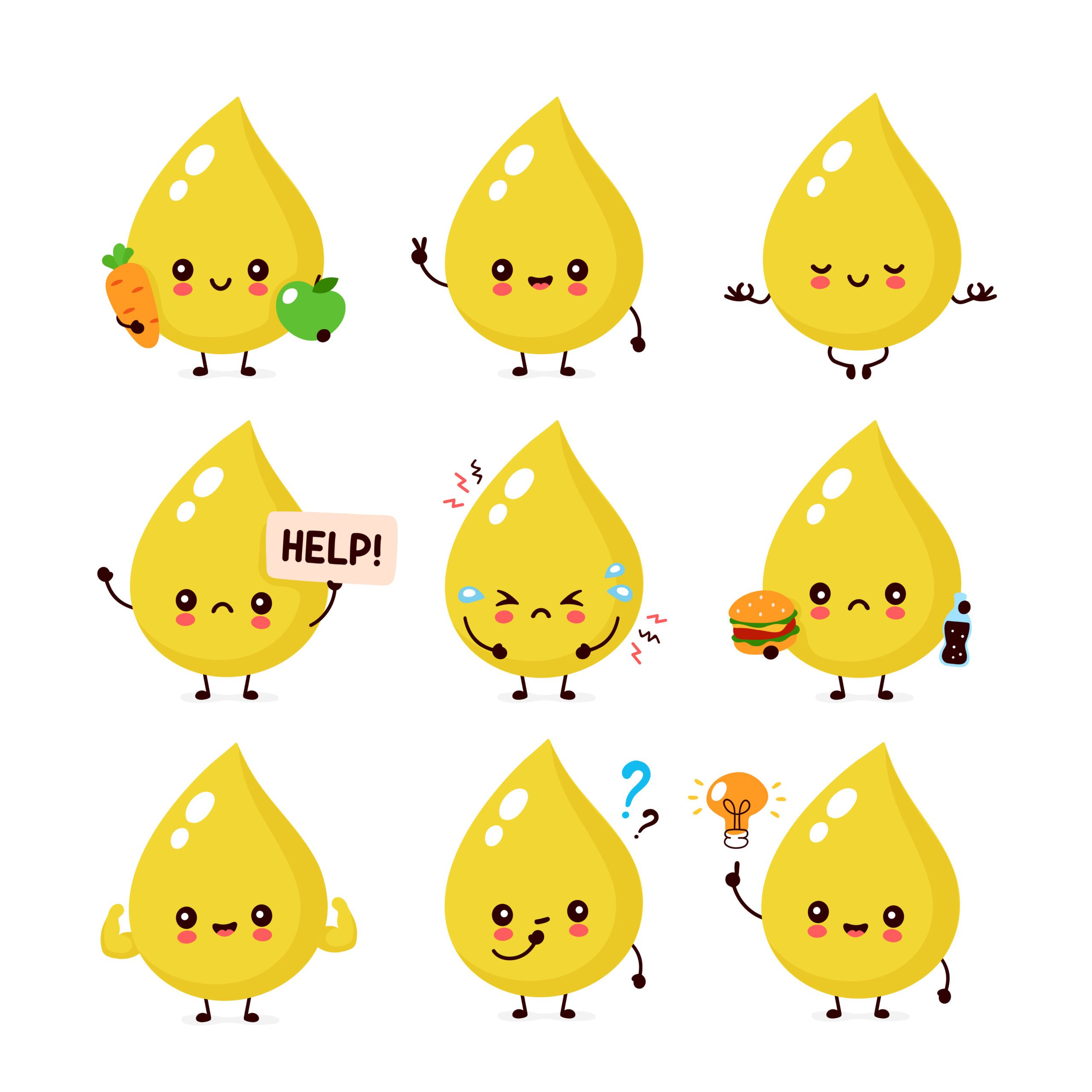Pay Attention to Your Pee: Urine as a Diagnostic Tool
June 10, 2016
 1035
1035 
When is the last time you took a close look at your urine? OK, true, that’s kind of a gross question to start off an article. But we’re not afraid to get down and dirty here, and tell you straight up – you need to start paying attention to your pee!
Why? Well, urine can be a window into your body’s overall health, if you know what to look for.
Urine’s color, clarity and cut (no wait, that’s diamonds . . . let me start again). The color, clarity, and temperature, as well as the substances that are dissolved in it can serve as clues to a huge variety of health problems. For this reason many doctors frequently request a urine sample, whether you appear perfectly healthy or not.
The Culprits
Infections, inherited metabolic disorders, bladder cancer, diabetes, substance abuse, toxin exposure, kidney disease, performance-enhancing drugs and fluid intake are just a few of the different things that can affect your urine. BUT, you don’t always have to visit a doctor to figure out if your urine shows any warning signs, and there are a few ways you can assess yourself before possibly seeking medical attention.
Self-Diagnosing a Problem
The color and odor of your urine can be one of the easiest ways to tell if something is wrong. For healthy, well-hydrated individuals, urine should be either clear or a very pale yellow. If you are dehydrated, your urine will be much darker and have a strong smell of ammonia; and this should prompt you to drink more water.
Urine that is consistently dark is an indicator of liver disease, such as hepatitis, which requires immediate medical attention. Beets, blackberries and rhubarb can harmlessly turn your urine into a red or pink color, and coffee will make it smell sweeter. Excessive doses of vitamin C will cause urine to become an orange color, while vitamin B will result in a very bright yellow or greenish pigment.
Few things can be as alarming in the bathroom as finding blood in your urine. It may just be a result of some very strenuous activity like a marathon or triathlon, but if you haven’t done any of this it could signal a urinary tract infection (UTI), a kidney stone, an enlarged prostate, an injured urethra, toxic levels of mercury and lead, or cancer. If the bloody urine persists, you should be checked immediately for kidney failure or cancer. If your urine looks cloudy and urinating causes a sharp, burning sensation, it could indicate a UTI.
Frequency and Volume
A healthy individual produces around one cup of urine every 3 hours, and the foods you eat and drink can greatly impact the frequency of your trips to the bathroom. If you have been eating a lot of salty or starchy foods, you may find yourself not having to go to the bathroom quite as often, because the salt and carbohydrates hold more water than other nutrients. If you have been eating or drinking diuretics such as coffee, tea, beer, watermelon or asparagus, it could lead to a much higher urine output.
Pay Attention!
So, yes – pay attention to your pee at home. You might just detect something – and the earlier the better. And, the next time you visit a doctor and they request a urine sample, don’t be so surprised! They’re not just adding a test on to your bill . . . they actually want to test it for many of the diseases that can be indicated by urine, such as diabetes, kidney disease and hepatitis.

A new study suggests that a widely used sugar substitute found in diet sodas, chewing gum, and low-sugar yogurt may elevate insulin levels. This could increase the long-term risk of heart disease. “Artificial sweeteners have infiltrated nearly all types of food, making it crucial to understand their long-term health effects,” said Yihai Cao, senior author […]

Diet Coke has long been a fan-favorite among soda lovers who want a fizzy, guilt-free alternative to traditional soft drinks. While its zero-calorie, zero-sugar label makes it seem like a healthier option, the reality is far more concerning. Despite its undeniable popularity, Diet Coke’s nutritional profile has raised red flags among health experts for years. […]

New study shows that embracing an anti-inflammatory, plant-forward diet can support cognitive function and help reduce the risk of dementia. What You Eat Shapes Your Brain The food you eat doesn’t just impact your body—it also affects your brain. Research suggests that eating an anti-inflammatory, plant-based diet can help improve memory, focus, and overall brain […]